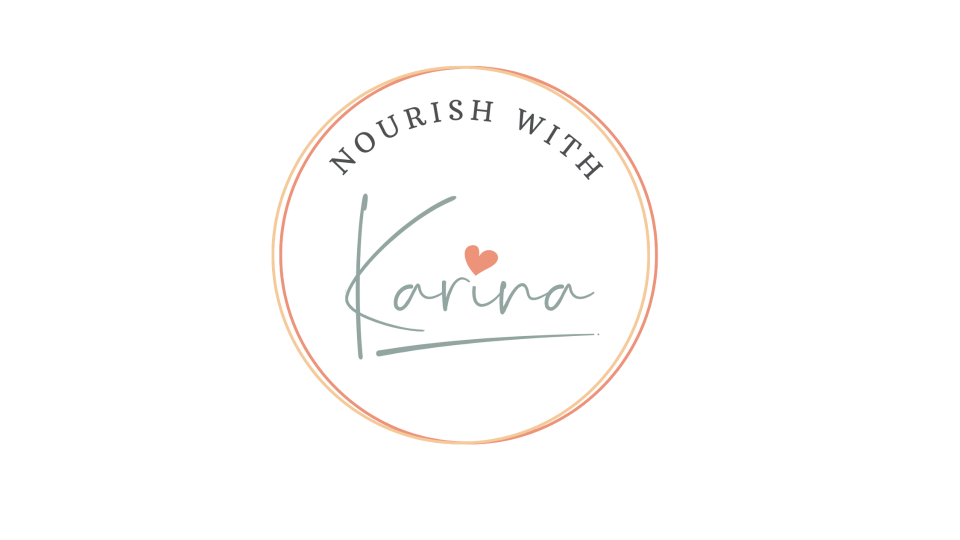Understanding Overeating in Children: How to help Your Child Develop a Healthy Relationship with Food
In my recent podcast episode on this topic, I explored the reasons behind childhood overeating, from emotional eating to the irresistible allure of high-sugar and high-fat foods. I emphasised the pivotal role parents play in modelling healthy eating behaviours and fostering positive attitudes towards food and body image for their kids.
So lets dive into a little bit now…
Picture our caveman and cavewoman ancestors foraging for wild fruits, hunting animals, and enjoying food when available. Unlike today’s world, they didn’t have unlimited access to food, so they often had periods of prolonged fasting, before a feast! Also it wasn’t processed; it was pure, straight from nature.
Even though our food has changed a lot, our bodies are still fundamentally wired to follow this famine and feast rhythm and become affected by a constant supply of nutrient poor food.
My latest podcast explores the incredible intuitive inbuilt system - communicating between our gut and brain using hormones like ghrelin and leptin. Understanding this system is key to deciphering when to eat and when to stop, a knowledge that can revolutionise the way we approach food.
Now, let’s dive into the pain points some parents face with children who are big eaters… almost to the point of being obsessed by food. They are concerned about their children’s eating behaviours and rightly so, because they see their children adopting unhealthy eating patterns that may impact their metabolic health in the long run. We want to set our kids up with healthy eating behaviours that they will carry with them into adulthood.
The reasons kids overeat are many – unlimited access to high-sugar, high-fat, and high-salt foods, large serving size, emotional triggers, or even the influence of our own parental eating behaviours.
So, what’s the solution? We can navigate these challenges by understanding the root causes and implementing practical strategies.
Here are some actionable steps to consider:
1. Revamp Breakfast Choices: Swap out high-sugar cereals for healthier options like Weetabix or porridge. Ensure a balance of high fibre carbohydrates and protein for sustained energy.
2. Mindful Serving Sizes: Attention serving sizes, especially for children. It’s not about deprivation but creating a balance that aligns with their nutritional needs. More detailed information about exact serve size requirements when you join my nourishing kids membership.
3. Explore Varied Meal Options: Introduce variety in meals, occasionally reducing carbohydrate intake and incorporating more protein-rich options like eggs or smoothies into breakfast.
4. Identify Overeating Patterns: Evaluate when overeating tends to occur. Is it after school, during weekends, or at specific meal times? Understanding these patterns helps in devising targeted strategies because it’s important to only focus on one meal at a time, otherwise it becomes too hard!
5. Body positivity: As parents we are our child’s biggest influencer, so it’s very important that we are mindful of our own behaviours around food and how we talk about our own bodies. CHildren are sponges and they will pick up on everything. As a parent, showing your child that you love your body unconditionally is so powerful. Avoid using words such as fat or skinny in front of them or talking about others that way. Don’t call yourself “bad” or “naughty” if you eat junk food - just teach kids how it can fit into a healthy lifestyle. Understanding the factors that will positively or negatively influence your child’s own body image is crucial, so listen to the podcast episode to learn how you can best support your child to love their body and feel happier in their own skin.
We can gradually instil positive changes by focusing on one critical area at a time. Remember, small victories pave the way for significant transformations. If you’re eager to delve deeper into this topic to support your child’s health,, I invite you to listen to my latest podcast episode.
Happy listening!

